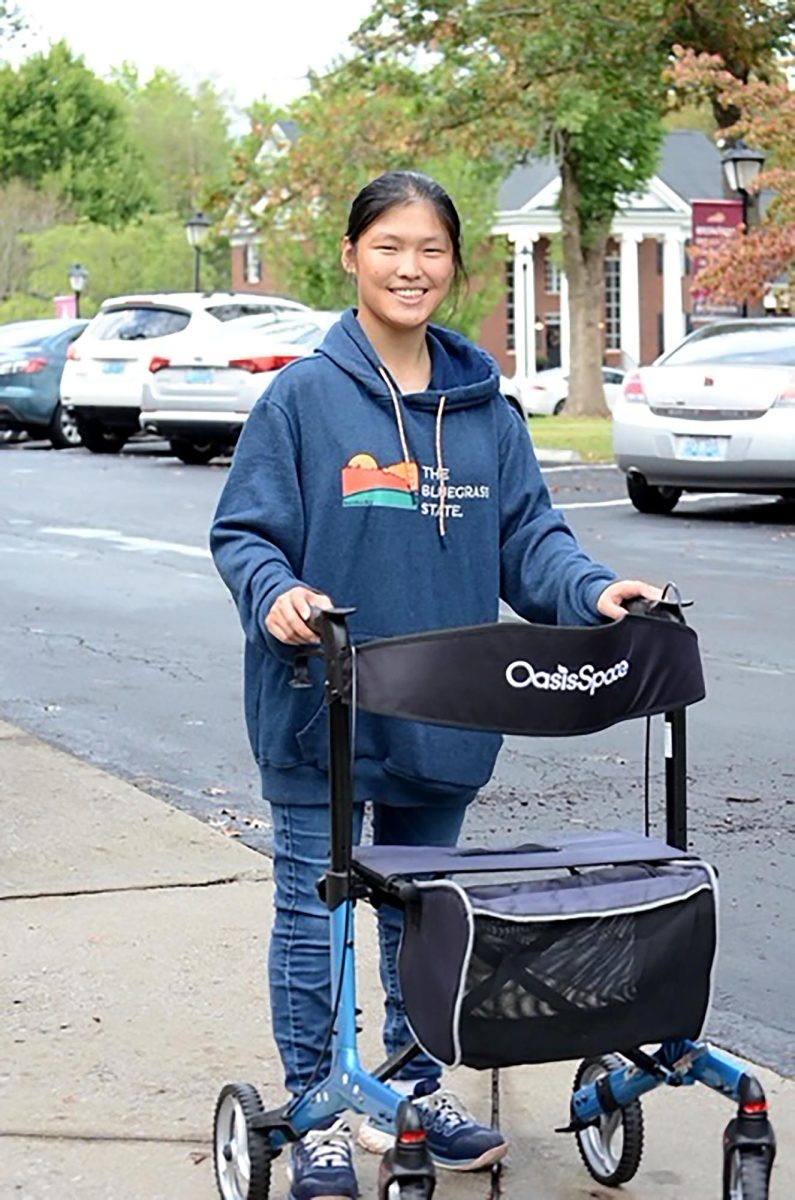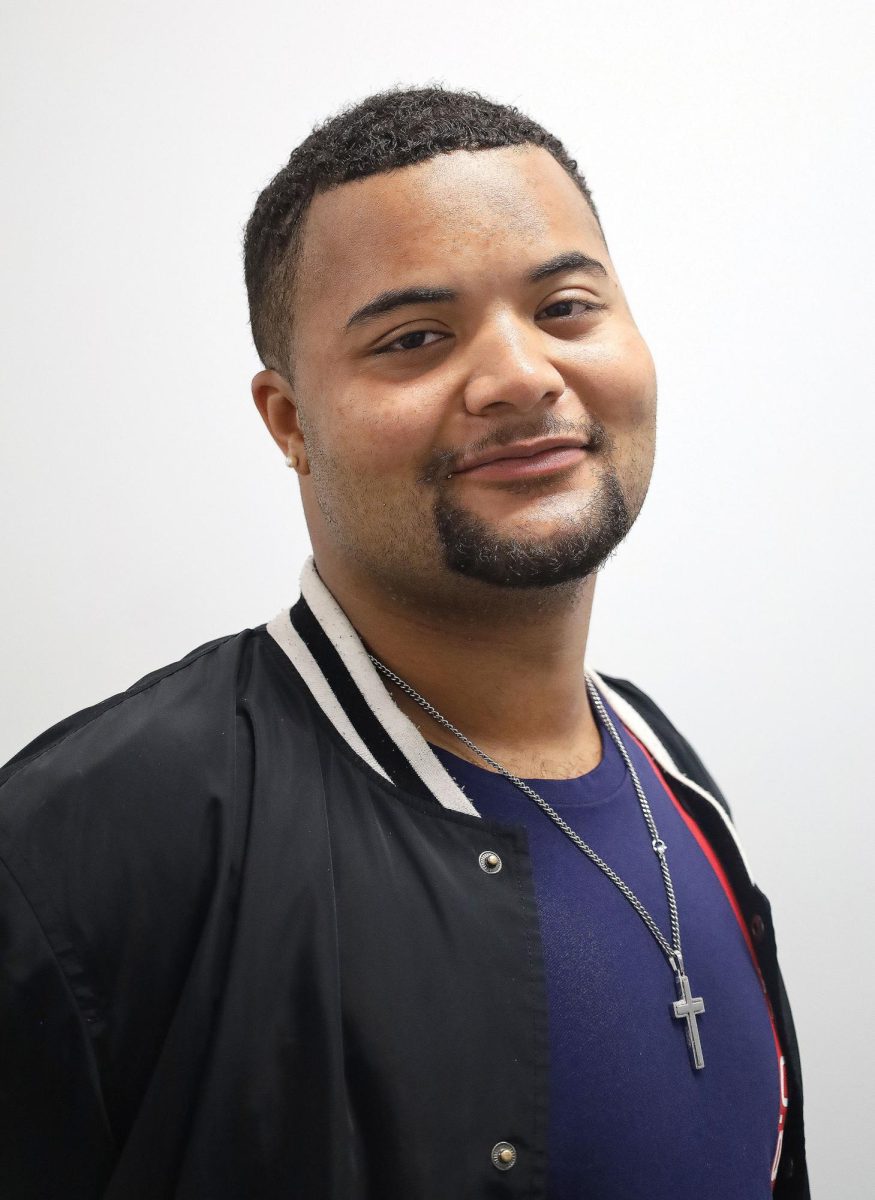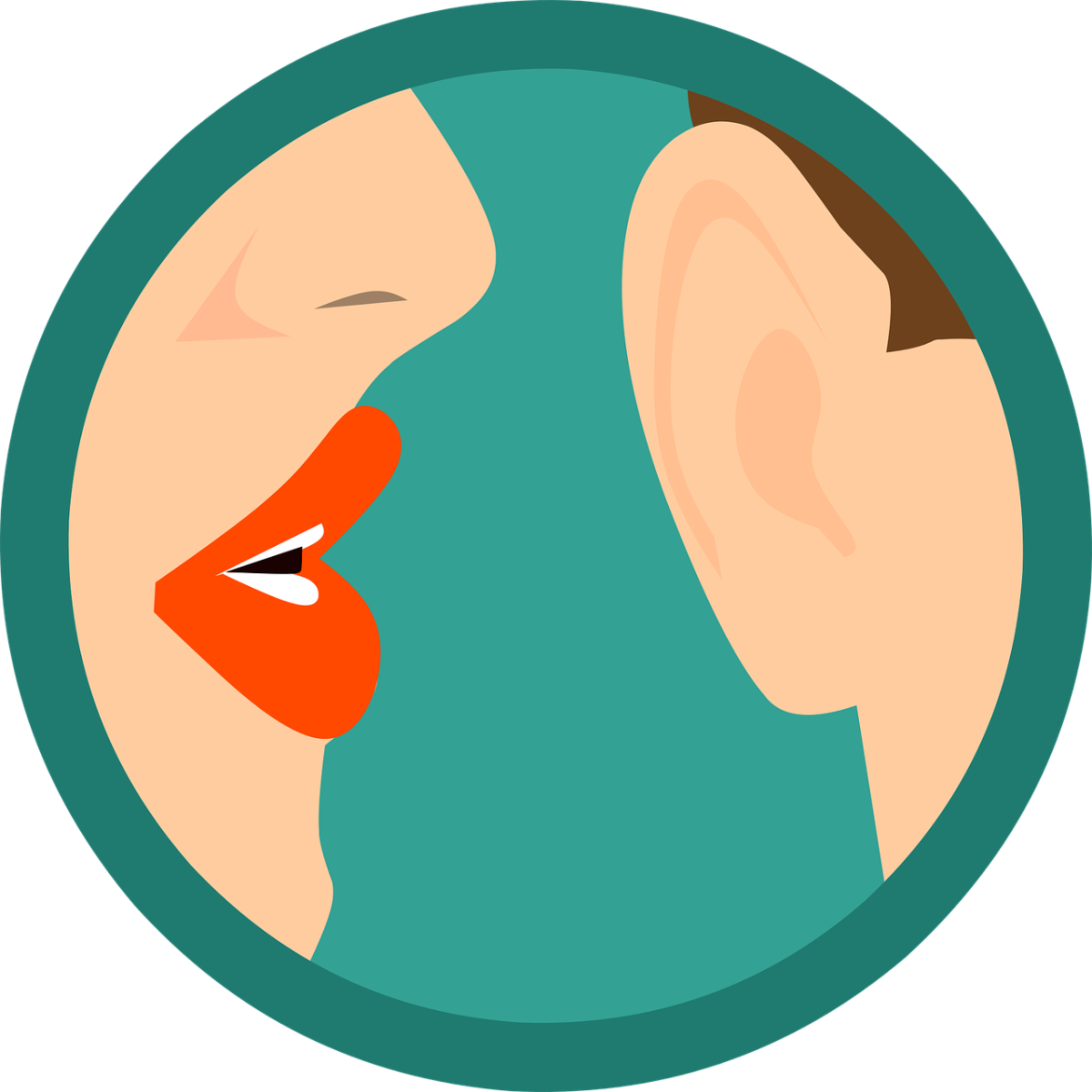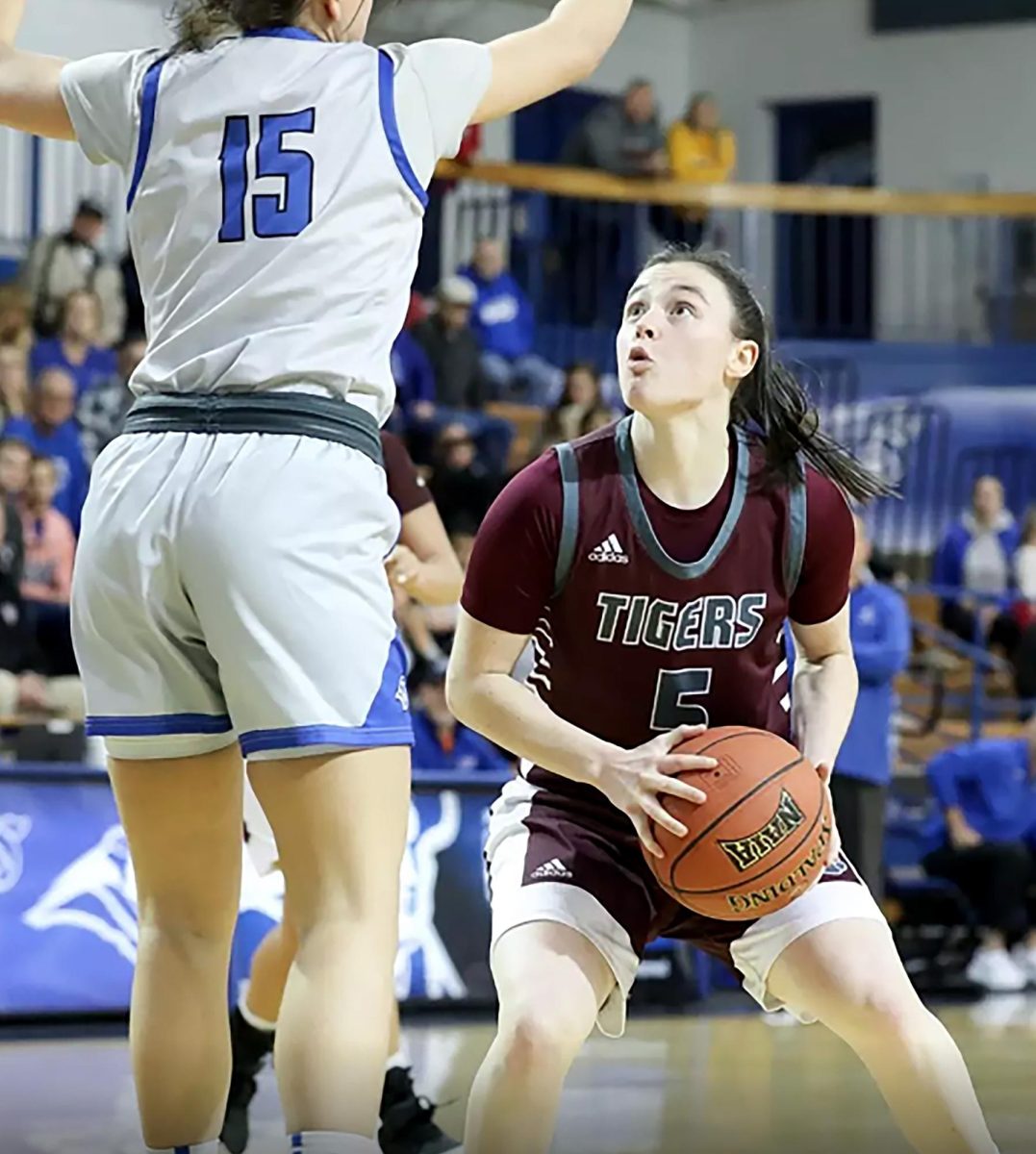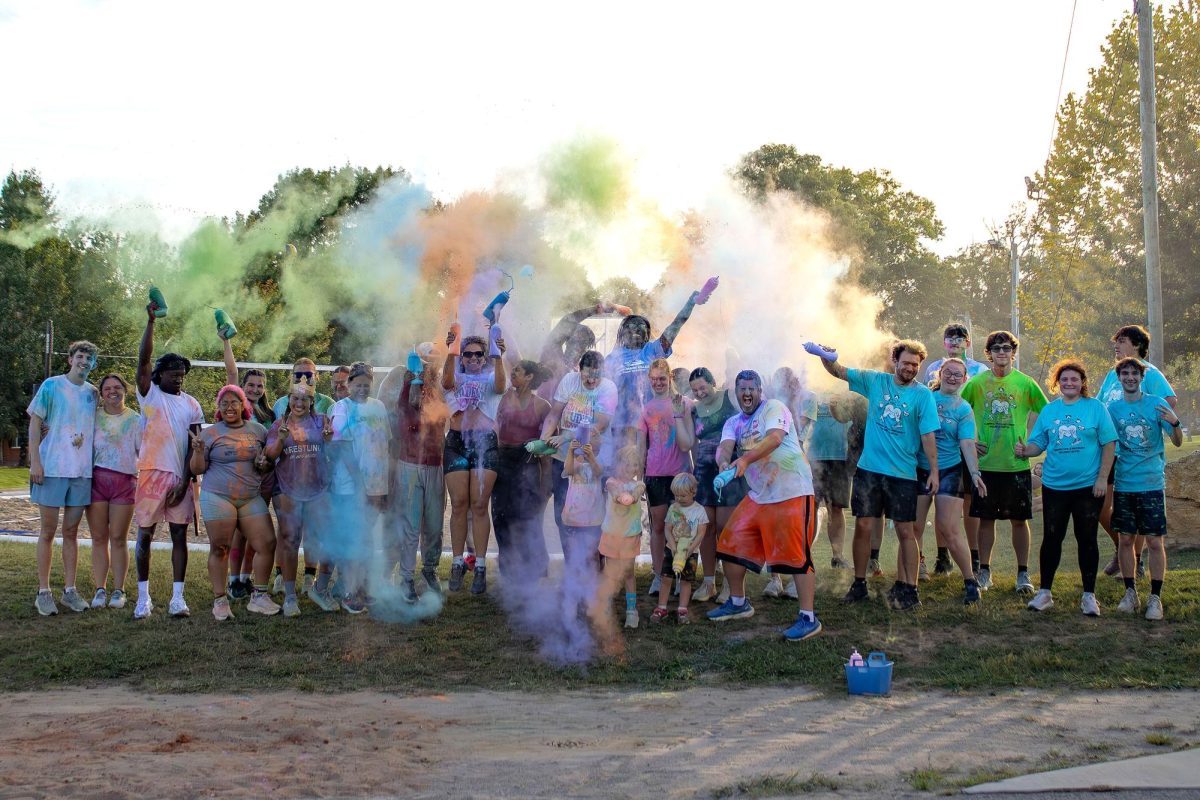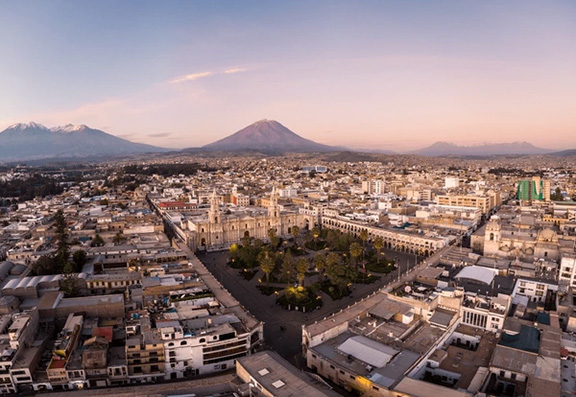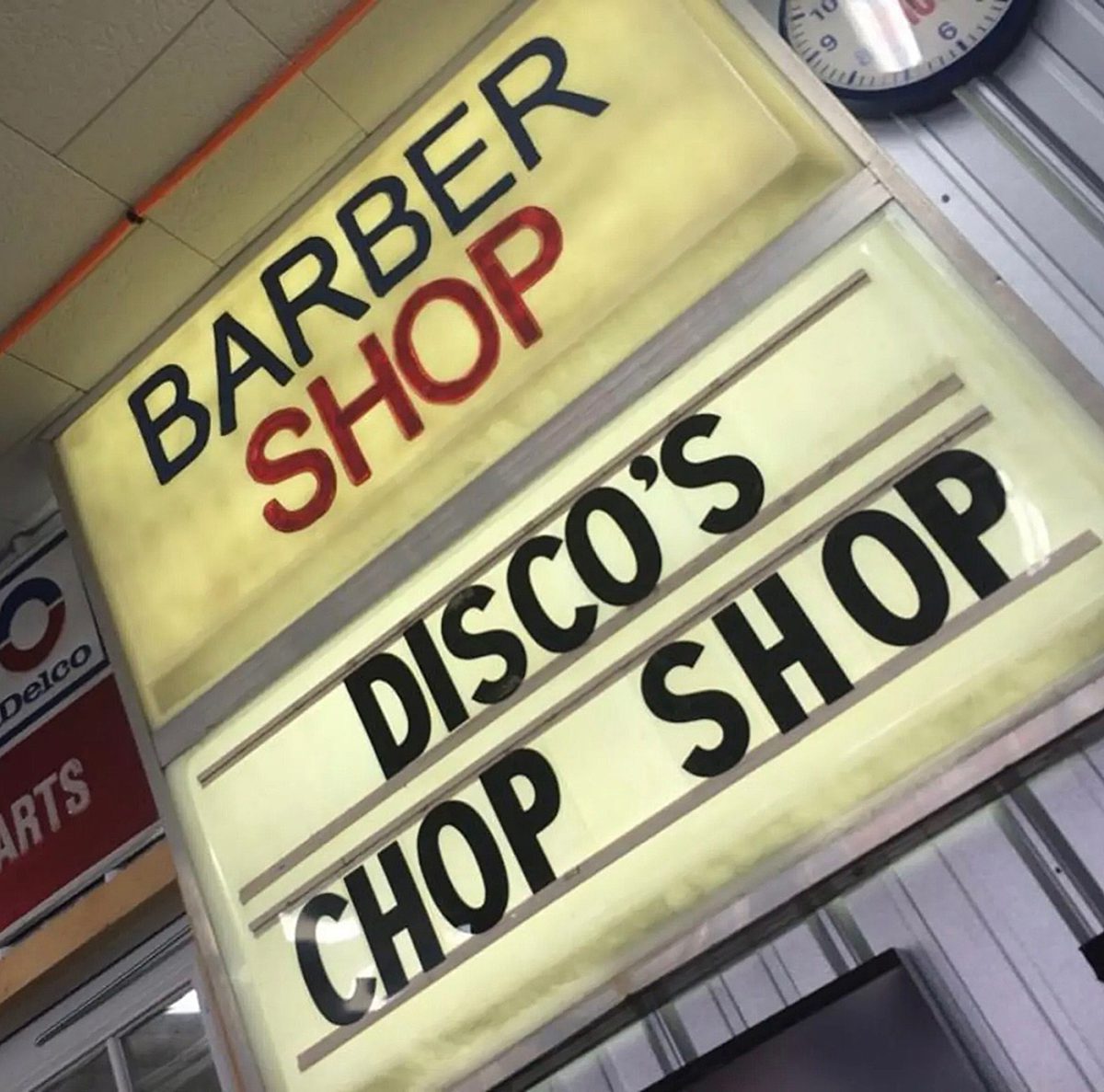Seventeen years ago, as I was nearing my fifth birthday, I was diagnosed with type one diabetes. Type one diabetes is an autoimmune disorder, and it is not caused by poor diet, lack of exercise, or an overload of sugar—all of which many people in my life still believe to this day. While it has been called “juvenile diabetes” in the past, type one diabetes can happen to anyone at any age. Type one diabetics are not food-restricted, either. We just have to take insulin when we eat.
Due to the trauma of my diagnosis, my hospital stay and the aftermath, I have little to no memories of my childhood before the age of nine. Why my memories started to form around age nine, I cannot tell you. However, the trauma of my initial diagnosis certainly did not end when I left the hospital.
From that point on, I had to be given insulin shots to survive, and for a mere five-year-old who couldn’t understand why this was happening to me, it was all so confusing and scary. I could relive a few vague memories of these moments, but I choose not to for my own sanity. All I will say is that no five-year-old should have to be subjected to multiple injections a day. I tell you this not to seek pity, but so you can understand where I’m coming from and why I want to share my story.
After a few years of adjusting to the chaotic life of guessing carb counts and managing my diabetes mostly on my own (with the help of my parents), the lack of awareness of what type one diabetes is from society truly began to set in. People were so ignorant on the topic to the point of callous jokes and blaming me for my illness. This worsened my mental health, and my anxiety and depression increased.
As a teenager, I hid my diabetes from people whenever I could. From hiding the clicking noise of my insulin pump to not checking my blood sugars in front of people, I made sure no one knew of my diagnosis so they wouldn’t ridicule me, treat me differently, or give me unsolicited, ignorant advice. I was so, so tired of educating people who would not change their minds, or simply didn’t care. This felt like a never-ending battle that I had to fight alongside my disease. I felt like I was fighting the disease of ignorance just as much as I was fighting my type one diabetes.
Today, I hope through articles like this, I can advocate for those suffering in silence with their chronic conditions. You don’t need to be embarrassed of something you can’t control. And to those who make jokes about chronic diseases and ridicule those with them—please just take a step back and realize that people with these conditions just want to be treated normally and to be understood. You don’t have to understand the intricacies of the disease, but you can choose to be kind, and that’s all we ask for.

